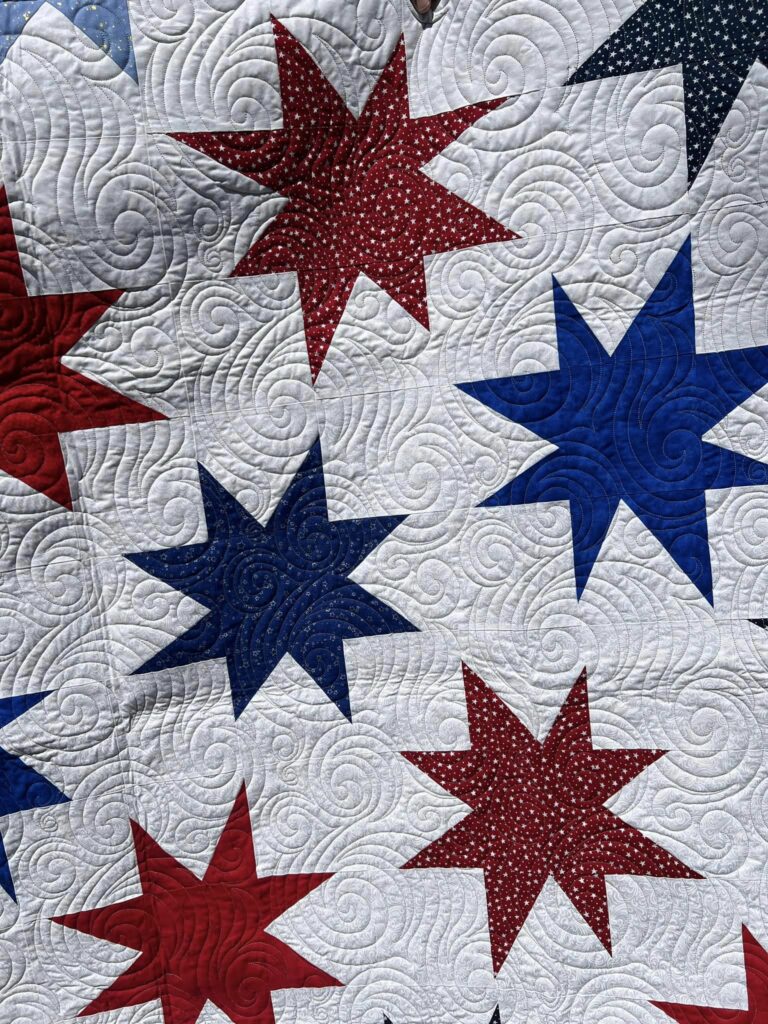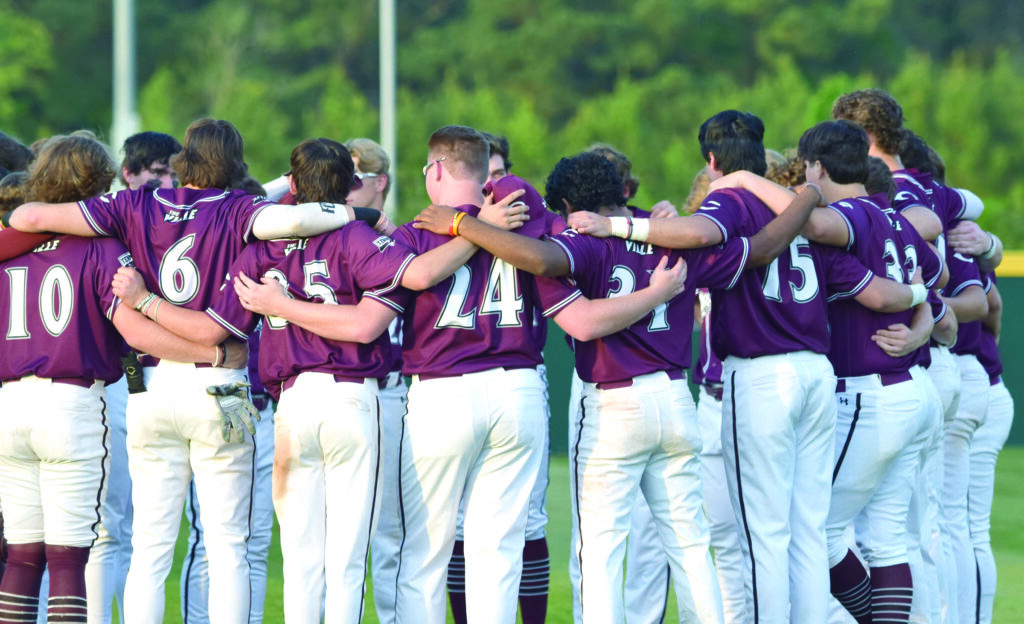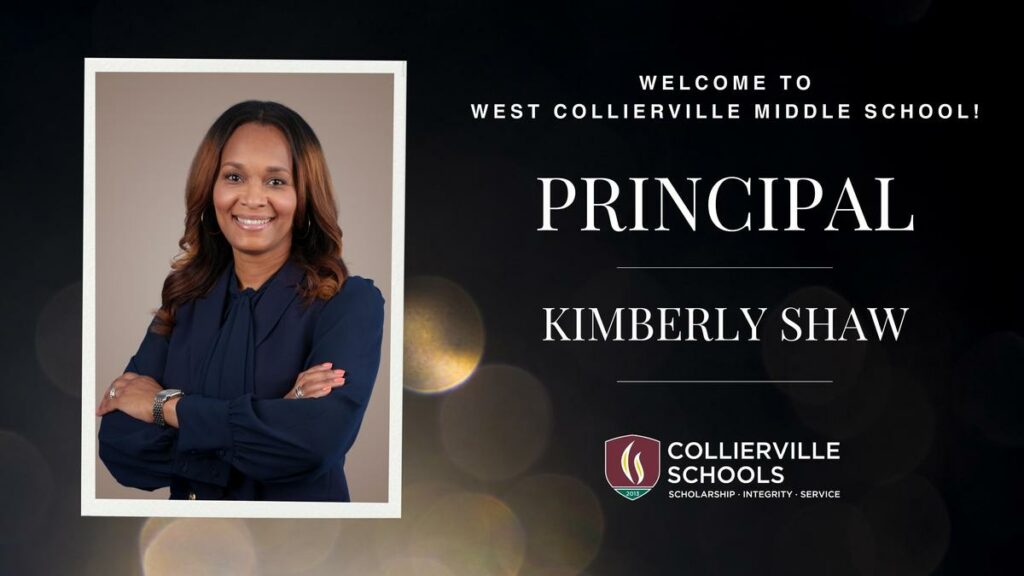By Thomas Sellers Jr.
The nickname “Hoop City” was recently bestowed on Memphis, Tenn.
The combination of the city’s college team the Memphis Tigers and the NBA’s Memphis Grizzlies has enjoyed national success 2001. But the rich heritage of basketball in the Bluff City goes back further with memorable names like Anfernee “Penny” Hardaway, Keith Lee, Elliot Perry, Ronnie Robinson, Andre Turner and many more.
Being a part of the Memphis Hoops tree since 1996, longtime preps basketball coach and educator Keith Wood had to find the ideal topic for his paper to earn his PhD at The University of Memphis.
Inspired by University of Memphis professor Aram Goudsouzian’s article “Back to One City,” looking at the political climate of Memphis back in 1973 and the impact of the 1973 Tigers, Wood went to one Memphis basketball icon to focus on the “Foundation of Memphis Basketball.”
Conversations with legendary coach Verties Sails was the starting point of “Memphis Hoops” a deeper look at the basketball life and impact of the late Larry Finch.
“There’s not a book on Larry Finch,” Wood noted. “So when you do your dissertation it has to be original. There has been nothing written on Larry Finch and his impact on Memphis Basketball. There have been a ton of articles in newspapers and Sports Illustrated.
“But there is not a single book on Larry Finch,” he continued. “That allowed me a straight path to make those connections and to draw he connections between my love of basketball and history to make those connections. As a transplant and being from upper state New York, Memphis is my adopted hometown. Here’s the chance for me to give back to Memphis and provide a narrative.”
“Memphis Hoops” hit stands and the web for sell Monday. The book by Wood is full of history and basketball interlocking the two to illustrate the history of Memphis. Wood is the ideal personal to bring this book to life as the former head coach of Sheffield and Millington Central high schools from 1996 to 2010.
“One of the things that was neat and what I used to tell the kids all the time when I was teaching at Millington, if I had a bad day in the classroom I would go to the gym,” he recalled. “If we were struggling on the court, I would come in the next day and be an even better teacher the next day. Those two work hand and hand together. I always said ‘God, family, school and ball’ in that order. That was who I was. But school was in front of that.”
Wood mixed history into his lesson in the gym and often sports would pop up into his agenda in the classroom.
“Always made sure I was doing the job in the classroom first,” he noted. “Love basketball, I put my heart and soul into it. This book gives me an opportunity to put the two loves together — history and basketball.”
Now working at Christian Brothers High School, Wood’s appreciation for Memphis basketball was strengthen every year he worked in the city either directly involved or around the game. It was in 2011 Wood and the Memphis basketball community was sadden by the passing of Finch.
Since April 2, 2011, Wood has slowly gathered information about the legendary player/coach through a variety of conversations with the likes of former MUS Coach Matt Bakke, Coach Sails and the widow of Finch, Vicki.
“Memphis Hoops” tells the story of basketball in Tennessee’s hardwood capital, following the 1968 assassination of Dr. Marin Luther King Jr. Wood examines the city through the lens of the then Memphis State University Basketball team and its star player Finch.
Wood breaks down Finch’s standout career at Melrose High School and highlights a showdown vs. Johnny Neumann of Overton.
A look inside’s Finch decision to go against the wishes of the Orange Mound community to attend Memphis is examined. The blacks didn’t like how the university took a scholarship from Bingo Smith and felt Finch would be next.
Finch attending Memphis led to the 1973 NCAA Tournament championship appearance and bringing a divided city together.
Then Wood interjects the forgotten narrative of LeMoyne-Owen’s (the city’s Historic Black College and University) 1975 NCAA Division III National Championship team. Wood noted it was a critical piece to understanding this era.
Bringing the focus back on Finch, the basketball legend was drafted by the Los Angeles Lakers of the NBA but ended up playing back home in Memphis in the American Basketball Association.
Finch would eventually become the head coach of the Tigers leading to him recruiting dozens of players to his alma mater. Wood’s “Memphis Hoops” is an examination of sports and civil rights history. Wood summons social memory from an all-too-recent past to present the untold—and unfinished—story of basketball in the Bluff City.
“The character people miss and a lot of people overlook here and this man walks with Larry Finch a lot throughout the book is Verties Sails,” Wood noted. “Coach Sails is the Godfather of Memphis basketball.”
Woods talked to Sails for hours about Finch, the growth of Memphis basketball as a national player for the pros and how basketball bridged a lot of gaps in the Bluff City.
The first MIAA championship game was between Carver and Frayser in 1968, just a few weeks prior to the MLK assassination. The 1969 championship game was the first time the city came together after the tragedy.
Wood said Finch’s decision to attend Memphis gave birth to the Mid-South Coliseum, The Pyramid and now the FedEX Forum being a meeting place for the city. Finch becoming a Tiger also led the way to Keith Lee, Penny Hardaway, Elliot Perry and others down the line.
A part of the Memphis area basketball coaching tree, Wood said he benefited from Finch’s impact.
“Each high school coach has a dream and a goal of hanging a banner,” he said. “But at the same time it’s what Coach Sails talks about. It’s those relationships. For year the Millington kids, Jermaine Dailey, Elvin Taylor, Carl Fields, Carl Allen, Steven Kerr, Ryan Ware, Mario Justice all those relationships.
“One of the hardest things for me to ever do was speak at Michael Young’s funeral,” Wood added. “I’ve been to Orlandus McLaughlin’s funeral. When you bury one of your own players it’s like burying one of your own kids. Where’s supposed to live our lives and then they get their turn at it. When you talk about leaving your own legacy it’s been a great run. I wouldn’t trade the 17 years as a head coach for anything. I think there were some kids at Sheffield at watched their kids or nephews succeed at Sheffield. I keep up with those guys.”
Most of Wood’s former players are aware of Finch and his legacy. But Wood penned “Memphis Hoops” as a chance to teach this generation about the man who sacrificed a lot to pave the way for their basketball dreams.
“You should pick up this book to get a better understanding of what Memphis Basketball is all about,” he concluded. “Get an understanding talking about Larry Finch in high school. You’re going to talk about Larry Finch in college and when they go to the NCAA final in ‘73. You’ll talk about him in the ABA playing professional basketball. This is a chance to reembrace Larry Finch.”

The Collierville Herald-Independent strives every day to bring the people of Collierville news that impacts their lives, allowing them to make more informed decisions on a daily basis.
Contact us: [email protected]
Editor's Pick
April 24th, 2024
April 24th, 2024
April 24th, 2024
© Copyright 2024



